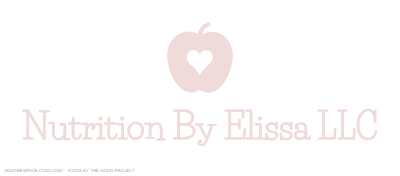Leftovers don’t have to be a burden. With a little creativity, you can reduce waste, enjoy your food in new ways, and honor your fullness cues.
1. Make a "Leftovers Buffet"
Take a variety of bits and pieces from different meals and create a fun, balanced plate. Mixing flavors and textures can make your leftovers feel like a new, exciting meal.
For example:
A little leftover pasta?
A few spoonfuls of salad?
A bite of roasted veggies?
Some leftover grilled chicken or tofu?
This approach allows you to enjoy a variety without finishing a large portion of one dish.
2. Repurpose Leftovers into New Dishes
Repurposing leftovers into something fresh is a great way to keep things interesting. Here are a few ideas:
Leftover Roasted Vegetables: Toss them into a soup or stew, blend them into a puree for a creamy soup, or stir them into a risotto or quinoa bowl.
Rice or Grains: Use leftover rice to make fried rice, stir it into a casserole, or mix it with sautéed vegetables and protein for a hearty grain bowl.
Cooked Meat or Tofu: Shred it for tacos, wraps, or sandwiches. Or, add it to a salad for a protein boost.
3. Freeze for Later
If you can't finish everything in one sitting, don’t worry—that’s what freezing is for! Portion out leftovers like soups, casseroles, pasta, or stews into smaller containers and store them in the freezer. This way, when you’re hungry again and craving it, you’ll have a ready-to-eat meal.
4. Rework Leftovers into a Smoothie or Bowl
Certain foods like fruits, veggies, and grains can be easily transformed into a delicious smoothie or bowl. Leftover fruit or roasted veggies? Blend them into a smoothie! You can add oats, chia seeds, protein powder, yogurt, and your milk of choice.
Leftover grains like quinoa or oats can be mixed with yogurt, fresh fruits, and nuts for a nutritious breakfast bowl or snack.
5. Turn Leftovers Into a Simple Salad
Salads are a fantastic way to lighten up your leftovers. Mix roasted veggies, beans, and proteins into fresh greens with a drizzle of dressing for a fresh take.
6. Compost What You Don’t Use
If you have leftovers that are no longer edible, consider composting them instead of throwing them away. Composting is an eco-friendly way to reduce waste and contribute to the environment.
The Bottom Line
With a little creativity, you can transform leftover food into new, exciting meals while honoring your fullness cues. Whether you freeze, repurpose, or compost, there are countless ways to manage leftover food in a way that’s kind to both your body and the planet.
